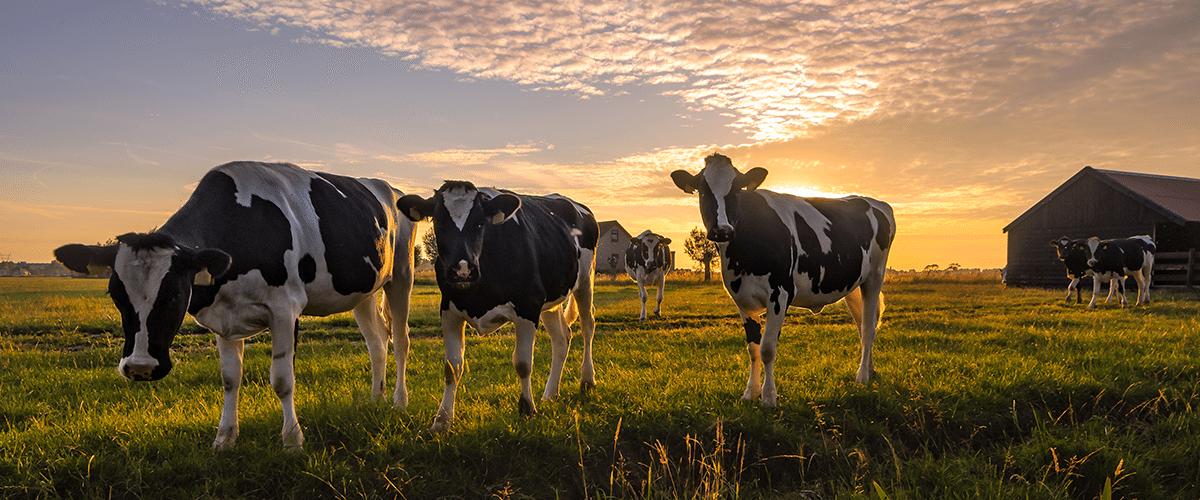[vc_row][vc_column][vc_column_text]
A bill that could open using hemp for livestock feed is progressing through Colorado’s Legislature.
Colorado’s farm animals could soon be feeding on hemp. A new bill that calls for the examination of feeding industrial-grade hemp to livestock passed the state Senate earlier this month, the Associated Press reports. Introduced by State Sen. Kerry Donovan, Senate Bill 109 was unanimously approved by the Senate, 34-0.
If passed, the bill would call for the creation of a group to study of the feasibility of including hemp products in animal feed. The group would be made up of a hemp producer, a hemp processor, a legal expert, a veterinarian, a livestock producer, and a person from a university that has studied hemp policy. The group would report its findings by the end of the year.
“Colorado has a reputation and tradition and tradition of tackling new issues, and bringing anybody together to the table to find solutions that simply work for everyone,” said Donovan, in a statement. “We as a state lead the way on hemp use and need to chart a pathway that supports the industry’s continued growth, while also ensuring we set the standards for the rest of the country to follow. Agriculture is critical to my district and the state, and anything we can do to diversify and support those small family businesses is exciting.”
The Washington State Legislature passed a similar bill in 2015. The agricultural authorities concluded that there wasn’t sufficient research on whether the trace amounts of the psychoactive compound tetrahydrocannabinol (THC) would pass on to birds. Hemp, however, which naturally contains very little to no amounts of THC.
Hemp is grown all over the world to produce food, oil and fiber. The plant’s seeds can be consumed raw or ground into meal. The seed, which is an effective source of cannabidiol (CBD), essential fatty acids, protein, and dietary fiber, makes up much of the farm animal feed and birdseed in Europe. The practice of feeding hemp to livestock in Colorado, however, is currently forbidden.[/vc_column_text][/vc_column][/vc_row][vc_row][vc_column][vc_single_image image=”17298″ img_size=”1200×250″ onclick=”custom_link” img_link_target=”_blank” link=”https://www.medicalmarijuanainc.com/why-do-we-refer-to-hemp-as-industrial-hemp/”][/vc_column][/vc_row][vc_row][vc_column][vc_column_text]Because of its familial relationship to marijuana, hemp was declared illegal to grow in the United States in 1937. The nation’s hemp industry is starting up again, thanks to the passing of the 2014 Farm Bill, which allows for states to pass legislation allowing for its cultivation for pilot programs and research. Colorado is one of over 30 U.S. states that have passed hemp research, pilot or commercial production programs. The state currently has about 300 hemp farmers.
The U.S. hemp retail market racked up $573 million in sales in 2015, according to a report from the Hemp Industries Association (HIA), and domestic demand for hemp is growing “dramatically.”
Colorado’s bill had previously passed the Senate Agriculture, Natural Resources and Energy Committee, 11-0. It now moves on to the House.
Colorado, which has legalized adult use and medical cannabis, sold $1.3 billion of legal cannabis products in 2016, although over the past few months the state of Washington has quietly overtaken Colorado in monthly sales.
Keep up with the cannabis industry by regularly visiting our news feed.[/vc_column_text][/vc_column][/vc_row]






